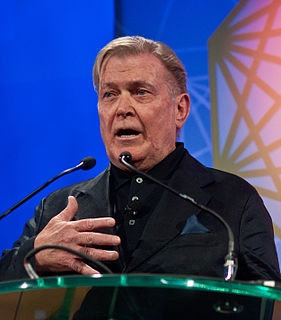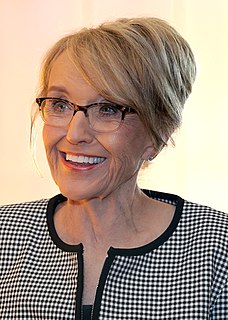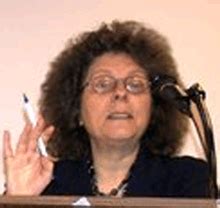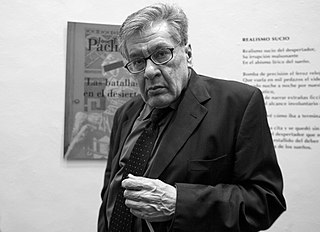A Quote by Matthew Pearl
The novel has always been a contradictory form. Here is a long form narrative mainly read originally by consumers who were only newly literate or limited in their literacy. The novel ranked below poetry, essay and history in prestige for a long time.
Related Quotes
A form wherein we can enjoy simultaneously what is best in both the novel and the short story form. My plan was to create a book that affords readers some of the novel's long-form pleasures but that also contains the short story's ability to capture what is so difficult about being human - the brevity of our moments, their cruel irrevocability.
The mistake that people made around 2000 with the emergence of the web was that they thought that people would not read long-form on a screen. Following from that idea, they quit doing long-form on screens. It got shorter and shorter, and then came cats toying with flowers and all of those clichés, but it was wrong. People will read long-form on a device if they want to read long-form.
There is something essential and necessary about the immediacy and democracy of poetry. If you look at the history of literature, poetry is the one enduring genre from Homer to Ashbery - no other literary form has lasted as long. The novel is only two or three hundred years old... And yes, it's mainstream if we look back, we often turn to poetry to encapsulate what was going on in a particular moment because it crystalizes the experience in a very condensed and meaningful way.
You know, I think there was a point in time when people didn't really understand how birth certificates were kept in the state of Hawaii, and now, I think that it's been pretty much disclosed that they used to have a long form and now they don't have a long form. Arizona used to have a long form, we now have a short form.
Executive Severance, a laugh out loud comic mystery novel, epitomizes our current cultural moment in that it is born from the juxtaposition of authorial invention and technological communication innovation. Merging creative text with new electronic context, Robert K. Blechman's novel, which originally appeared as Twitter entries, can be read on a cell phone. His tweets which merge to form an entertaining novel can't be beat. Hold the phone; exalt in the mystery-engage with Blechman's story which signals the inception of a new literary art form.
I have taught the long poem off and on for years. The more book-length poems I read and studied and taught the more interested I was in the possibilities in writing a poetry that applied formal and substantive options of narrative and non-narrative, lyric and non-lyric. I found many pleasures in this kind of writing. The long poem is as old as the art form.
I'm skeptical that the novel will be "reinvented." If you start thinking about a medical textbook or something, then, yes, I think that's ripe for reinvention. You can imagine animations of a beating heart. But I think the novel will thrive in its current form. That doesn't mean that there won't be new narrative inventions as well. But I don't think they'll displace the novel.
The night in prison was novel and interesting enough.... I found that even here there was a history and a gossip which never circulated beyond the walls of the jail. Probably this is the only house in the town where verses are composed, which are afterward printed in a circular form, but not published. I was shown quite a long list of verses which were composed by some young men who had been detected in an attempt to escape, who avenged themselves by singing them.






































